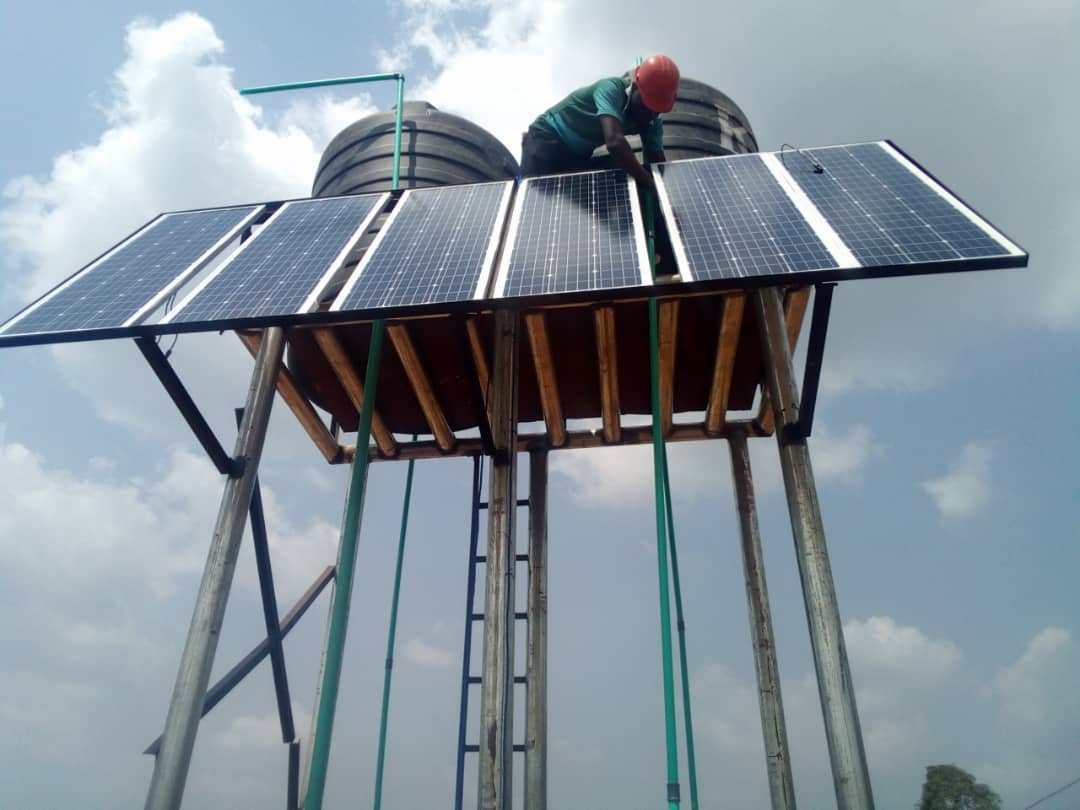By Nyasha Dube
Newly elected Social Services committee chair and Ward 14 councillor for Runde Rural Development Committee Melody Hofisi says she is committed to ensure that going forward the local authority constructs solar-powered boreholes to ease the burden for women.
This comes at a time when most local authorities are holding their in-house elections to select committees that will hold the fort throughout the 2023 – 2028 term.
Speaking at the sidelines of Runde RDC’s elections, Hofisi said she will prioritise women in social services provision.
“These manual boreholes being used as water sources have health implications for women in the long run as they end up complaining of back pains, as such I will push for more solar-pumped boreholes to be drilled,” Hofisi said.
She also highlighted the need for women councillors to collaborate towards this cause.
“As we can see very few women were elected council, and most chairmanship positions were given to men. I urge my fellow female councillors to work well together and ensure that during our term we make a difference to the lives of women in rural communities,” she said.
Nomore Nyoni (Male) Ward 6 councillor, was elected council chairperson taking over from Mavis Mahuvava who is councillor for Ward 2, and he will be deputized by Ward 4 councillor Nancy Bhachi.
Mahuvava, who passed on the stick to Nyoni said she will continue pushing for gender-sensitive service delivery as the local authority has some unfulfilled resolutions from the previous term.
“During my term we had some resolutions which included having a clinic in ward so that women can easily access health care. I will support the elected chairperson to pick up where I left from and ensure that women’s needs are met,” Mahuvava said.
Mahuvava added that as female councillors they will ensure that some of the devolution funds are channeled towards gendered responsive services, citing the Marira clinic piped water project which is pending completion.
Vice chairperson for the local authority, Bhachi, also echoed the same sentiments, saying she will ensure that no woman is left behind.
“I will ensure that women’s issues are top of the council’s agenda and I hope to see these issues being mainstreamed in our programming so that we enhance the lives of rural women,” Bhachi said.
Meanwhile, women rights organizations have been on the record challenging the newly elected councilors to ensure effective service delivery, as most communities have been grappling with poor health care, water shortages and poor infrastructure development.
Despite having access to devolution funds, most local authorities both rural and urban, have been found wanting when it comes to water provision, refuse collection and health care provision.
In light of all this, Women’s Coalition for Zimbabwe board vice chairperson Charity Mandishonha said the new councilors should ensure a two way communication model so they listen to the needs of women.
“I urge the new councillors, especially women, to engage with the electorate and not only listen but address their grievances. I know women are mainly affected by issues of water shortages, please ensure that there are boreholes everywhere so that women have water for domestic use,” Mandishonha said.

